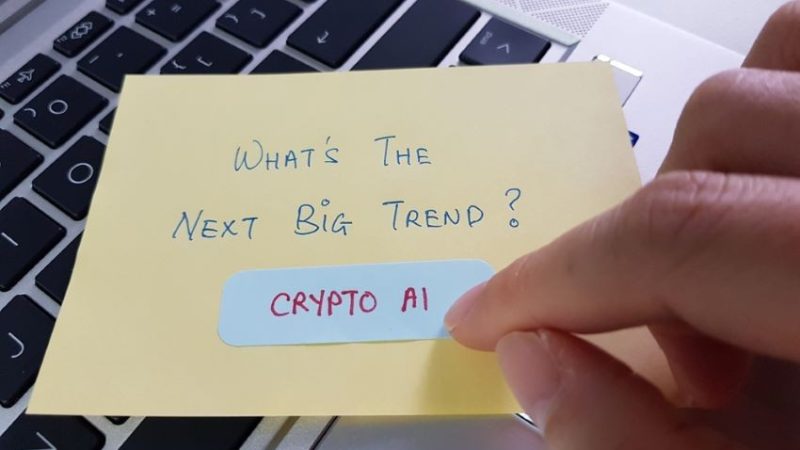
Revolutionizing Financial Planning and Portfolio Construction with AI and Blockchain Technology
The integration of blockchain and artificial intelligence (AI) technology in financial planning and portfolio construction is creating immense potential for efficiency, accuracy, and security in the industry. The use of AI algorithms and blockchain technology could revolutionize the way financial advisors build portfolios and manage client information.
Financial Planning
AI algorithms could analyze vast amounts of data to assist in making informed decisions regarding investments, taxes, and insurance. These algorithms could make real-time adjustments to financial plans, automate updates to plans based on changing legislation, and reduce the risk of errors and fraudulent activities – all in a matter of seconds. This would lead to more efficient and accurate financial plans, freeing up time for financial advisors to focus on providing personalized advice and improving client relationships.
Using the secure and transparent platform provided by blockchain, AI algorithms could also analyze and securely store sensitive financial information, such as Social Security income information and tax information. This could allow for faster and more accurate calculations, potentially leading to financial plans that automatically adapt in real time without the need for manual updates.
Helping for Portfolio Construction
Traditionally, portfolios have consisted of a mix of stocks, bonds, cash, and sometimes a few alternative investments. However, with the advent of non-fungible tokens (NFTs), the future of portfolio construction could be changing. NFTs allow for the fractional ownership and sale of any asset through smart contracts stored on a blockchain, potentially enabling portfolios to hold unique assets such as music albums, real estate, direct-held businesses, watches, and artwork.
Through NFT staking, clients could earn rewards for holding onto their assets and helping secure a network. Owning unique NFT assets that represent actual assets can also lead to passive income streams, such as rental income or royalty payments.
Estate Planning
With the integration of blockchain and AI in estate planning, smart contracts could be used to create, monitor, and implement estate plans, potentially reducing the risk of processing problems. The use of AI algorithms in estate planning could provide real-time updates on changes in assets, the law, and the market, allowing for a more accurate and up-to-date estate plan.
Smart contracts on the blockchain could automate the distribution of assets and ensure they are allocated according to the wishes of the individual, without the risk of fraud or human error. Blockchain could also ensure that all estate-related information and transactions are secure, reducing the risk of data breaches.
Preparing for the Future
Going forward, financial advisors will need to be proactive in their preparation to effectively incorporate AI and blockchain technologies into their practice. They will need to stay informed and educated about the latest advancements and developments in AI and blockchain technology and make any necessary updates to their processes to stay ahead of the curve. Equally important, advisors must educate their clients on the benefits and implications of these new technologies, working together with them to develop plans that leverage their investments.
As the financial industry evolves and technologies evolve, the role of the human financial advisor will become no less important. Financial advisors who are able to leverage new technologies, stay up to date on the changing landscape around us – while also focusing on improving their communication skills – will be at the forefront of the industry and well-positioned for success in the years to come.
The Human vs. Technology Debate
The incorporation of AI and blockchain technologies into the financial industry will automate many routine and complex tasks, freeing financial advisors to focus on higher-value activities that require their unique skills and expertise. Despite these advancements, the human element of financial advice will remain critical. Clients seek not only knowledgeable financial advice but also a personal touch, and financial advisors who understand the human behind the client will continue to be in high demand.


















